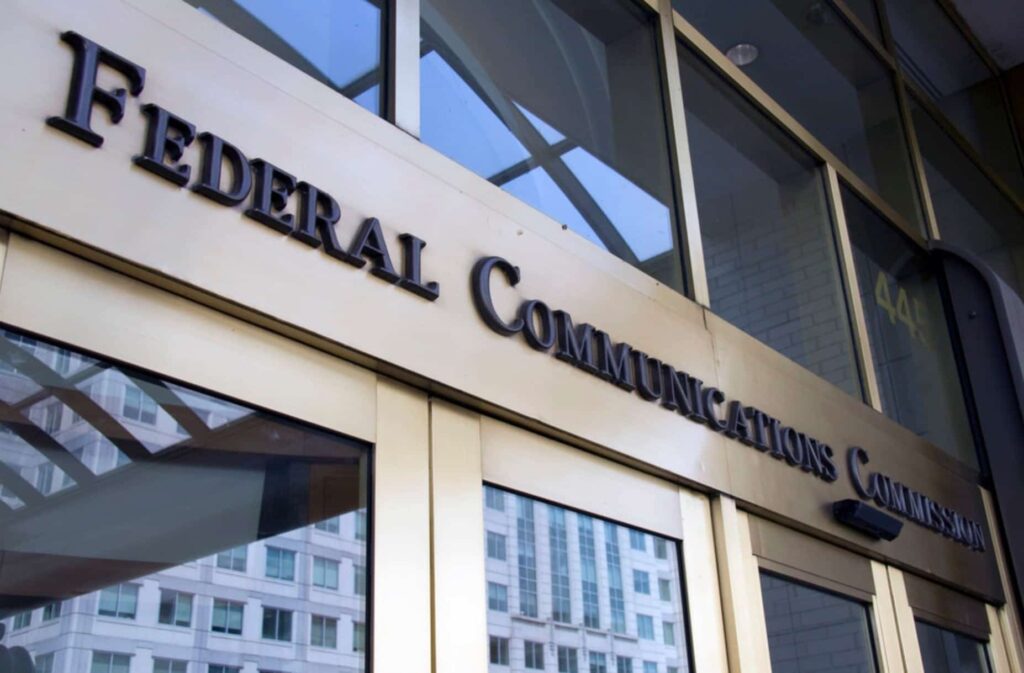In preparation for the new FCC Caption Quality Requirements effective March 16, 2015, we’re starting a series to discuss the new requirements, and how they specifically affect captioner quality. We start today with 79.1(k)(1)(ii)(A) of the video programmer best practices, Preparation Materials.
What the rule says: The video programmers must… “To the extent available, provide captioning vendors with advance access to preparation materials such as show scripts, lists of proper names (people and places), and song lyrics used in the program, as well as to any dress rehearsal or rundown that is available and relevant.”
What the rule means: Realtime Captioners listen to the program at the same time as the viewer and “write” what he or she hears on a steno machine, similar to those used by court reporters in courtrooms. The captioner’s individual pre-loaded dictionary translates their keystrokes into captions. Preparation materials, or “prep” helps the captioner ensure that their dictionary includes the words that will be spoken.
How the rule helps improve caption quality:
Scripts: Scripts include anything written in advance of a live program, including prompter text, introductions to guests and pre-packaged news stories. The captioners use scripts to identify any difficult-to-write terms or names that may be mentioned. If provided far enough in advance, our team of production coordinators converts the scripts to a file which can be sent as captions by the captioner.
Lists: Lists include proper names, places and unique terms that may arise in a live program – for example, a list of nominees up for a particular award. Captioners add names like Nobel Prize winner Malala Yousafzai and Oscar Nominee Quvenzhane Wallis to their pre-loaded dictionaries with corresponding keystroke translation and write them correctly when spoken.
Song Lyrics: Lyrics to many songs are often hard to comprehend by fans, let alone those charged with transcribing every word as sung, and adding music notes. When a programmer sends lyrics to us, we prepare the lyrics in advance for the captioner, who then “sends” accurate lyrics, complete with the music notes, one line at a time.
Dress Rehearsals: Programs such as “Saturday Night Live” allow VITAC access to their dress rehearsal. The captioner listens in and, with the help of our coordinators, prepares an advanced file for the show. Not only is it a rehearsal for the cast of the show, but also for the captioner responsible for the live broadcast at 11:35.
Rundowns: A rundown details the order of a show, including subjects, packages, interviewees, et cetera. Captioners use rundowns to prepare for each segment in advance.
We know that preparation material cannot be sent in advance of every production, and so does the FCC. Because there is no way to prepare for any sort of breaking news, the agency included “to the extent available” language. In most cases though, video programmers should send along this type of material. It will only improve caption quality.



